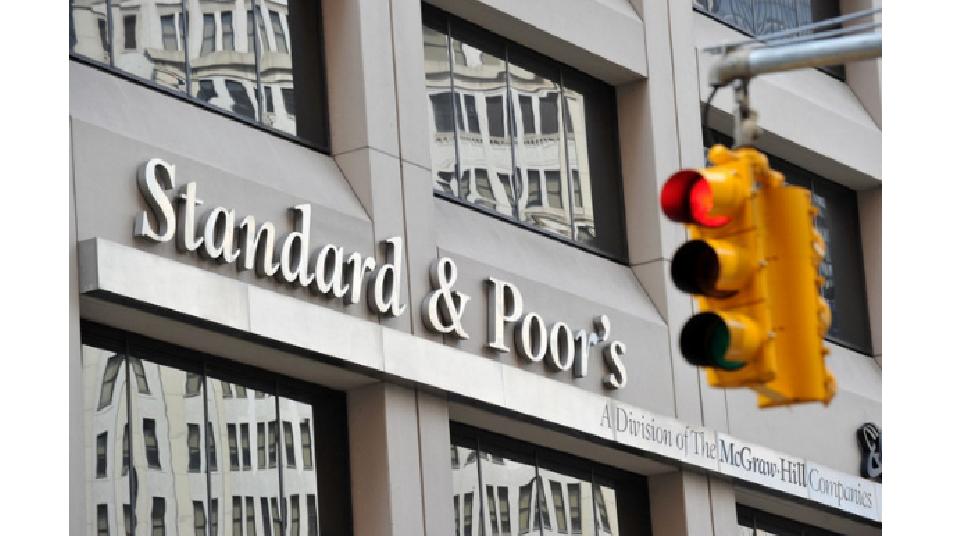Standard&Poor's (S&P) changed Hungary's rating to "BBB-" with a stable outlook, keeping it in the category recommended for investment due to the dangerous international environment and the sanctioned inflation. The credit rating agency expects that Hungary will avoid an economic downturn and that the obstacles to access to EU funds will be removed this year, the Ministry of Finance announced.
Currently, all three major credit rating agencies recommend Hungary for investment, and they rank our country two grades higher than 10 years ago, reminds the PM.
On Friday night, S&P Global Ratings announced that it had downgraded it by one grade, from the previous "BBB/A-2" to "BBB minus/A-3", which remains an investment recommendation, due to the long and classification of short-term Hungarian public debt obligations. The decision was primarily justified by sanctioned inflation, the unpredictable international economic environment and the delay of EU funds by the European Commission for political reasons.
The other two global credit rating agencies also register the Hungarian grade in the investment category, one step higher than S&P's new classification.
At the same time as the amendment announced in London on Friday night, S&P Global Ratings improved the outlook for the Hungarian sovereign rating from negative to stable. Among the factors supporting the stable outlook, the company highlighted that, according to its expectation, the Hungarian economy will avoid a significant downturn in the next two years and will survive the indirect effects of the Russian-Ukrainian war.
The credit rating agency also expects that the Hungarian government will gradually reduce the public budget deficit in the next few years, and that Russian natural gas deliveries will generally continue without interruption.
Among the reasons for downgrading the grade, however, the company highlighted that Hungary suffered a series of economic shocks due to the coronavirus epidemic and the Russian-Ukrainian war, and that these shocks weakened the flexibility of the budget and monetary policy.
The experts of the credit rating agency believe that Hungary can successfully fulfill the milestones agreed in the agreement with the Commission, so this year it will be able to access the resources due to it. They highlight the government's commitment to deficit reduction, adding that this could be challenging due to energy prices.
Regarding growth, they believe that Hungary will avoid a recession this year, the credit rating agency expects GDP growth of 0.3 percent in 2023, and then an expansion of over 3 percent in 2024. As they write: growth can be supported, among other things, by the strong labor market, consistently high employment and strong wage growth dynamics.
Speaking of inflation, the rating agency emphasizes that, as in other parts of Europe, most of the increase can be attributed to higher food and energy prices. Analysts also positively mention the ability to finance public debt from domestic and international markets, and see the banking system that is resilient even in a deteriorating environment as favorable.
"Hungary was continuously downgraded starting in 2006 as a result of the economic failure of the left-wing government. As a result of the successful economic policy of the civilian government, several upgrades have taken place since 2016/2017. Currently, all three major credit rating agencies rank our country two grades higher than at the beginning of the last decade. This means that Hungary is still recommended for investment by credit rating agencies," the Ministry of Finance points out in its statement.
Source: Magyar Hírlap
Image: AFP













